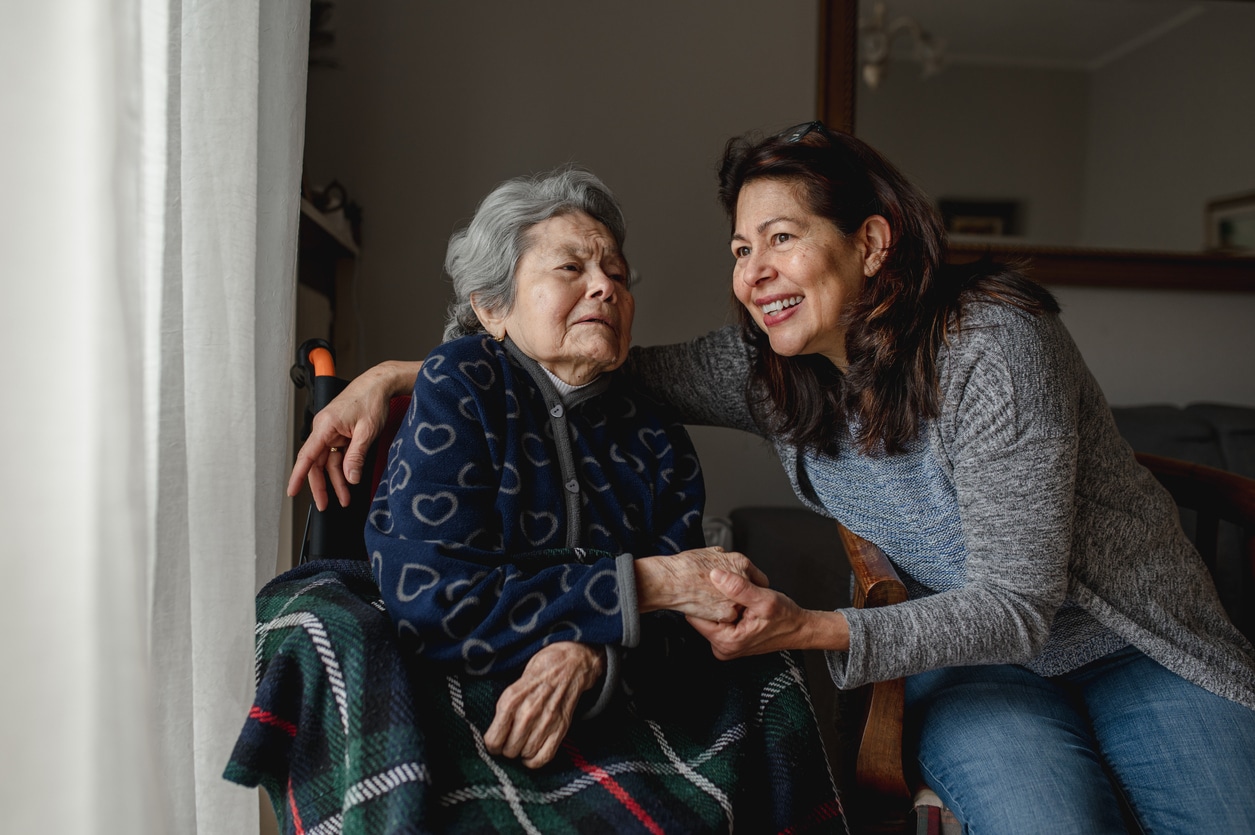Do you find yourself going to work more often when you’re ill? If so, you’re not alone. Presenteeism, defined as employees going to work when they’re sick and not fully functioning, has become a problem in organizations. Presenteeism at work has been on the rise in the US, costing employers as much as $150 billion each year, according to Harvard Business Review.
Caregivers and Presenteeism at Work
This issue is even more relevant for caregivers, who often deal with higher levels of exhaustion, stress, and mental fatigue. As a caregiver, you likely already juggle a full day, and when you push yourself to go into work when you’re ill, your recovery time increases. A caregiver’s day is often longer than that of a non-caregiver, with less time for rest or exercise.
At work, this means that it takes longer to complete tasks when you’re sick, causing an endless loop of extended hours and mental and physical fatigue.
Stress and Fear
If you’re a caregiver, it’s not just about getting through a full day. It’s about getting through the rest of your life. You have to be alert enough to make sure your loved ones are safe and healthy, but you also have to make sure that you can take care of yourself.
The effects of working while ill can multiply. You may feel that it’s better to “tough it out” when you’re sick, but this can negatively affect your job performance in the long run. Organizations like the CIPD have urged companies to “take preemptive action to address employees’ concerns in times of challenge, uncertainty, and change.” This means addressing presenteeism directly by providing wellness programs, frequent communication about changing job requirements, and a corporate environment that encourages mental and physical health.
Why do so many people, including caregivers, feel the need to go into work when they are ill? Things like a slow economy and job cuts keep employees coming into work out of fear. When a caregiver is ill, they might feel the need to save their sick days and vacation time in case they should need it later for a family emergency. What’s more, many caregivers need the financial resources of their job in order to continue to care for their loved ones.
The issue of presenteeism is another reminder of just how important a healthy work/life balance is. You need to stay proactive about your own health in order to be of help to the person you care for. Losing a job because of poor performance, becoming sick for extended periods of time, and the development of chronic conditions can all come about due to presenteeism.
The good news is that companies have begun to recognize this issue and see that it’s in their benefit to work with employees on managing sick time and personal days.




